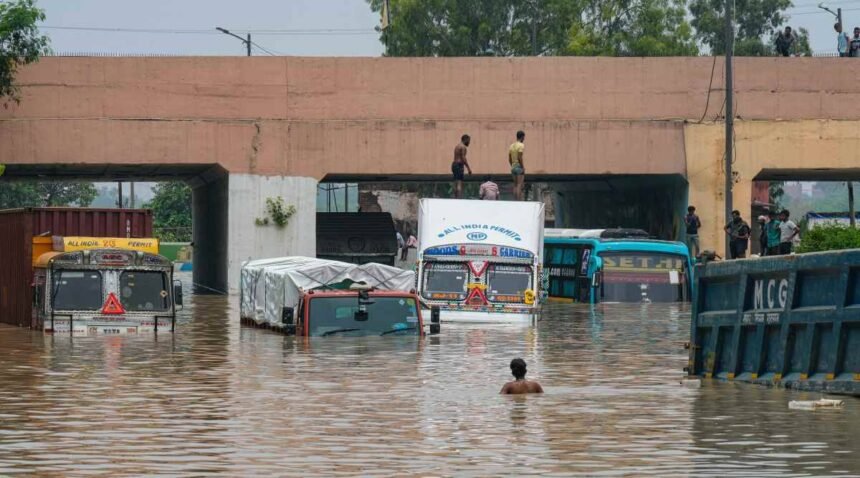In a welcome relief for the residents of Delhi, Chief Minister Arvind Kejriwal declared on Friday that the Okhla water treatment plant would be reopened. This decision comes as the water levels in the Yamuna River, particularly in the vicinity of Okhla, have been receding. The closure of three major water treatment plants – Wazirabad, Chandrawal, and Okhla – was necessitated by the rising water levels in the Yamuna, caused by heavy rainfall in Delhi and the upper catchment areas.
The temporary closure of these treatment plants had led to a water shortage crisis in several areas of the national capital. However, with the receding water levels in the Yamuna, the reopening of the Okhla plant promises to alleviate this issue and restore a reliable water supply to the affected regions.
The decision to close the water treatment plants was a precautionary measure taken by the government to prevent any potential damage to the facilities and ensure the safety of the workers involved in water treatment operations. The heavy rainfall had resulted in an unprecedented surge in the water levels of the Yamuna, posing a threat to the infrastructure and personnel at these plants.
The closure of the plants had created inconvenience for the residents, who were grappling with a scarcity of water for their daily needs. Water tankers were deployed to supply water to the affected areas, but the demand far exceeded the available resources, leading to prolonged water scarcity.
With the reopening of the Okhla plant, the government aims to gradually restore normalcy and alleviate the hardships faced by the citizens. The resumption of operations at the treatment plant will enable the purification and distribution of water to resume, ensuring a reliable supply to the affected regions. It is expected to significantly improve the overall water situation in Delhi and relieve the burden on water tankers.
The Chief Minister expressed his gratitude to the residents for their patience and cooperation during this challenging period. He assured them that the government was fully committed to addressing the water shortage issue and taking necessary steps to prevent such disruptions in the future.
In addition to reopening the Okhla plant, the government will closely monitor the water levels in the Yamuna and the weather conditions to assess the situation continuously. This proactive approach will allow them to make informed decisions regarding the functioning of the water treatment plants, ensuring the safety of both infrastructure and personnel while minimizing the impact on water supply.
The Delhi government has also emphasized the importance of water conservation and urged residents to use water judiciously. They have encouraged the adoption of measures such as rainwater harvesting, minimizing wastage, and promoting responsible water usage. These initiatives are aimed at ensuring a sustainable water supply for the city in the long run.
As the Okhla water treatment plant resumes operations, Delhiites can look forward to the gradual restoration of a reliable water supply in their homes and neighborhoods. The reopening of the plant marks a significant step towards resolving the water shortage crisis that has affected the city. With continued efforts from the government and active participation from the residents, Delhi can overcome such challenges and build a more resilient water infrastructure for the future.




